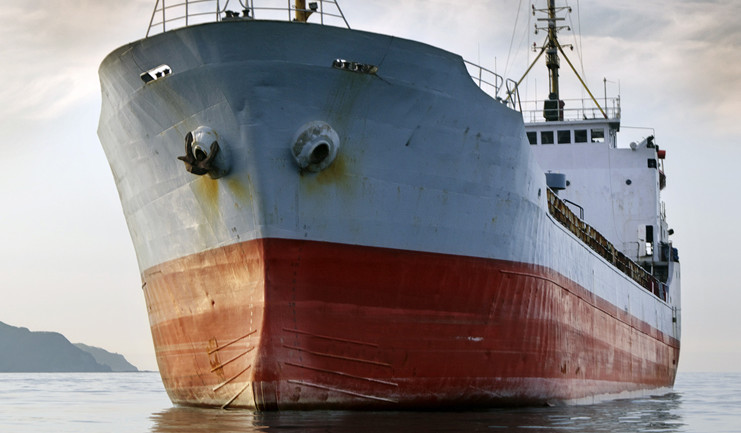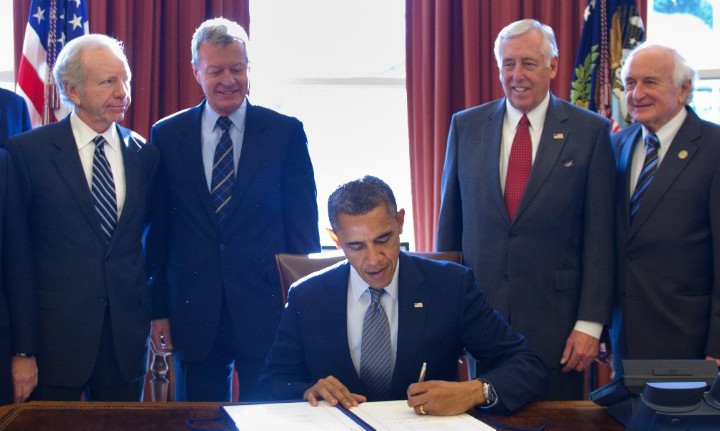Rise Of The Sanctioneers
On Friday, Foreign Policy Magazine did a profile on U.K. sanctions lawyer, Maya Lester, for her work in the field of sanctions’ delistings in the EU. For anyone who hasn’t read it, it’s an interesting read and very telling of the differences between those processes in the EU vs. the U.S. For years, Ms. Lester has been a strong advocate for bringing further transparency to the field of EU sanctions and has been instrumental in the development in that area of law. As readers of this blog may know, I had a similar profile on me done back in December 2013.
Earlier this month, Reuters profiled those at the United States Department the Treasury’s Office of Foreign Assets Control (“OFAC”)–the primary U.S. agency tasked with administering U.S. sanctions–on the evolution and importance of their work in advancing U.S. national security and foreign policy interests. And just yesterday I spent part of my Saturday watching a one hour long sanctions debate on C-Span which included one of the heavy hitters in sanctions from the policy side, Executive Director of the Foundation for Defense of Democracies, Mark Dubowitz.
Do I bring all of this up merely to pat myself, and those in my field, on the back? Not at all. I draw attention to these media appearances to demonstrate that sanctions have truly taken center stage in the public conscience as the tool through which the U.S., and other jurisdictions such as the EU, are attempting to exert their will on other nations. German General Carl Von Clausewitz once argued that war is politics through other means. I believe we have now stepped into an era where sanctions is war through other means.
With the cost in lives and national treasure too high to expend on sustained military campaigns, the leveraging of financial strength via the use of sanctions has quickly become the go to option in effectuating foreign policy where mere negotiations have failed. As a result, private actors, like Ms. Lester and Mr. Dubowitz, stand on the front lines of conflicts between sovereign states. Of course, the folks in OFAC and its foreign counterparts across the world also play a leading role in this new paradigm, but what perhaps separates the warriors of this era is that a private individual, and their ability to exert influence through either legal or political channels, can have a very dramatic impact on the unfolding of relations between nation states.
And it seems the world has taken notice. The use of sanctions will continue to become more prominent, as will the roles of those who are responsible for administering, interpreting, and defending them. Thus, the recent rash of media attention isn’t just a passing fad, it’s really a sign of the times, and as the profile of sanctions and sanctioneers grows so will the public’s understanding of these critical foreign policy tools. This further will lead to more public discourse on the use of sanctions with the hope that the more robust system which Ms. Lester calls for in the article will be able to flourish.


